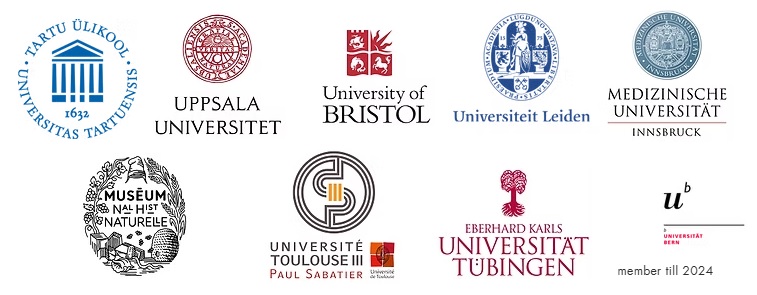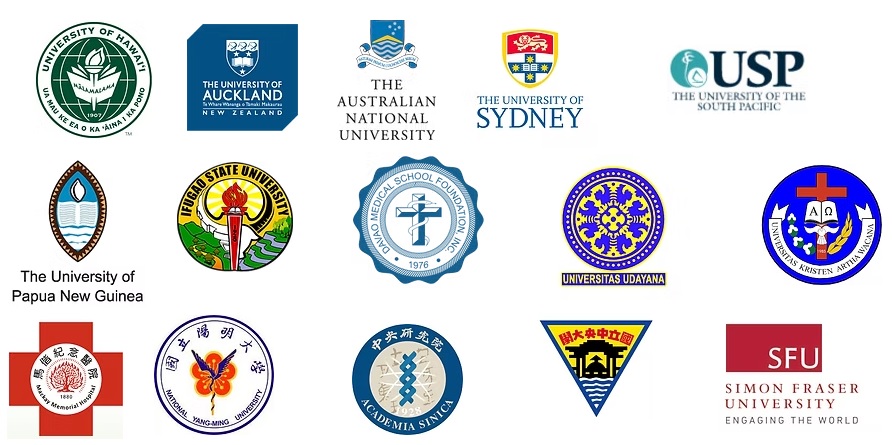The OCSEAN Consortium
The Oceanic and South East Asian Navigators (OCSEAN) project was launched in January 2020 to unite researchers from across the world in re-evaluating our understanding of the Austronesian expansion. The project, funded by the European Commission under the Horizon 2020 Marie Skłodowska-Curie Research and Innovation Staff Exchange program (MSCA-RISE-2019, Project Number 873207), is led by a Consortium of 9 European institutions, including the Universities of Bern (Switzerland), Bristol (United Kingdom), Leiden (Netherlands), Tartu (Estonia), Toulouse (France), Tübingen (Germany), Uppsala (Sweden), as well as the Medical University of Innsbruck and the National Museum of Natural History in Paris (France). Several institutions in North America, Southeast Asia, and Oceania have partnered with the consortium in order to maximize expertise and resources. As a hallmark of the project, exchange between the institutions will be facilitated through secondments of researchers for periods of at least one month. OCSEAN brings together leading researchers from the humanities and sciences and combines the resources of multiple laboratories to tackle questions that can only be addressed with this extensive network of cooperation.
OCSEAN will achieve a synthesis of data from archaeology, biological anthropology, linguistics, and genomics using state-of-the-art computational and statistical methods. The research contextualizes the expansion of the Austronesian language family within the growing evidence for social and political complexity across Island Southeast Asia and coastal mainland regions prior to the arrival of rice and millet agriculture to Taiwan during the mid 5th millennium BP. It also takes into account the rich history of interaction since the spread of the Malayo-Polynesian branch of Austronesian outside of Taiwan. Finally, it considers the legacy of multiple human dispersals in the region at deeper time periods, including the interaction between anatomically modern populations and other hominins.
European Institution

Partner Institution


